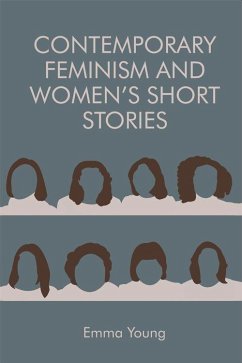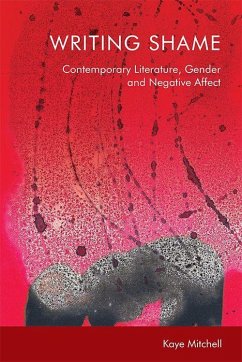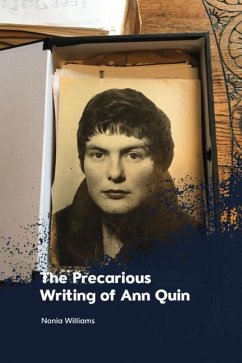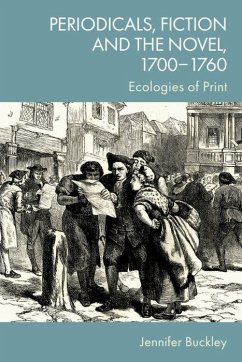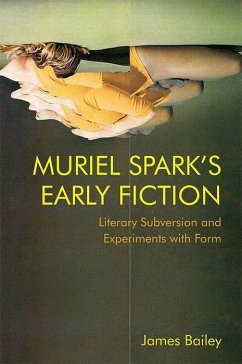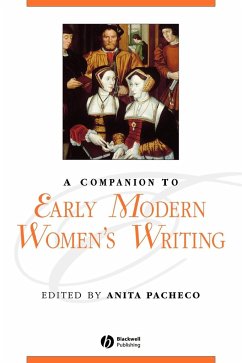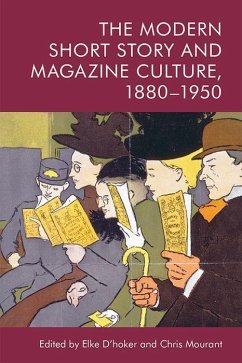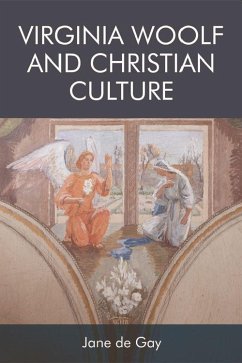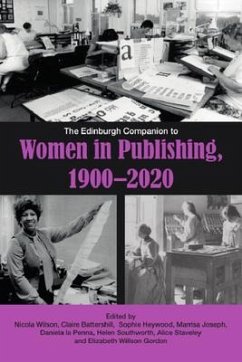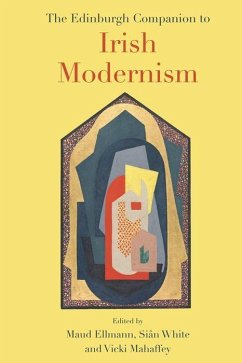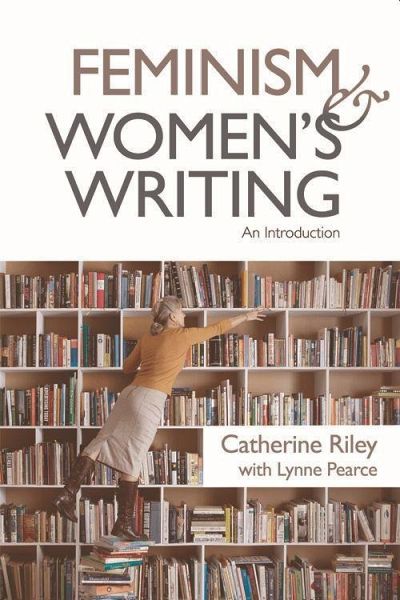
Feminism and Women's Writing
An Introduction

PAYBACK Punkte
54 °P sammeln!
'This book is brilliantly conceived; it is really doing something new, something that is timely and really is needed. It is comprehensively and intelligently organised and very engagingly written.' Patricia Wough, Durham University Outlines the key feminist debates on women's fiction since the 'second wave' This book clearly and succinctly introduces the ways in which feminist ideas have transformed the form and content of women's fiction and non-fiction writing. The Introduction sets out the critical background and the main feminist critical approaches to literature. This is followed by 5 cha...
'This book is brilliantly conceived; it is really doing something new, something that is timely and really is needed. It is comprehensively and intelligently organised and very engagingly written.' Patricia Wough, Durham University Outlines the key feminist debates on women's fiction since the 'second wave' This book clearly and succinctly introduces the ways in which feminist ideas have transformed the form and content of women's fiction and non-fiction writing. The Introduction sets out the critical background and the main feminist critical approaches to literature. This is followed by 5 chapters which outline feminist engagements with the canon, gender, the body, sexual difference and ethnicity to demonstrate the ways in which feminist ideas have affected the content of women's literature. The next 5 chapters examine types of fiction writing: romance, crime, science fiction, life-writing and historical fiction, to show the effect of feminist ideas on the form of women's literature. Key Features . Provides a clear overview of changing feminist debates and terms in the twentieth and twenty-first centuries. . Each chapter ends with a list of primary texts and recommended further reading. . Assesses the ways in which literary, political and mainstream cultures, as well as the book industry, have impacted on the work and ideas of female writers. . Includes a wide range of case studies, including: Angela Carter's The Passion of New Eve, Margaret Attwood's The Edible Woman, trans identities, feminist publishing and ethnicity, Zadie Smith's novels, Toni Morrison's Beloved, Eimear McBride's A Girl is a Half Formed Thing, Val McDermid and lesbian crime writing, and Hilary Mantel's Wolf Hall and Bring Up The Bodies. Catherine Riley is a feminist historian and writer, and an expert on contemporary feminist publishing in the UK. She has taught English Literature and Gender Studies at Lancaster and Northumbria Universities as well as at Birkbeck College in London. Lynne Pearce is Professor of Literary Theory and Women's Writing at the University of Lancaster. Cover image: © GettyImages.com Cover design: [EUP logo] edinburghuniversitypress.com ISBN 978-1-4744-2920-7 [PPC] ISBN 978-1-4744-2921-4 [cover] Barcode




